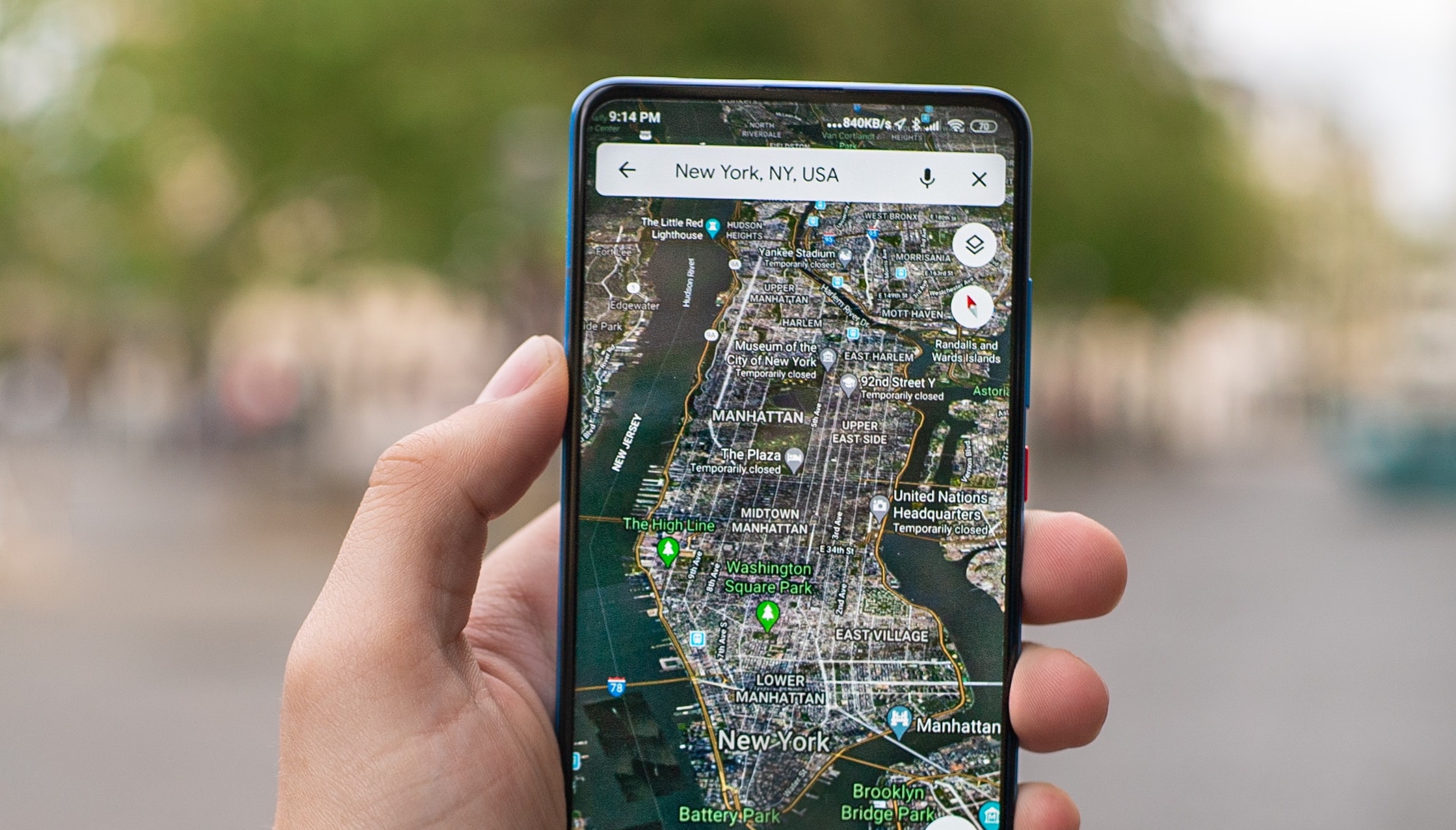If you weren’t out of shape already, you surely are after the pandemic. If your exercise routines was centered around going to a gym or participating in a team sport, it’s been dormant for a year now. Very few people have had the willpower to implement a new solo regime, so that’s why we’re all out of shape.
With gym reopenings beckoning and team sports starting up again, you need to prepare to go back. Start doing a little bit of exercise every day. If you’ve been taking a complete break from exercise, start with ridiculously small amounts of exercise, but add a little every day. Keep a record in a spreadsheet and make sure you do just a little more each day. If you jogged for 100 yards yesterday, jog 150 yards today. If you did 3 pushups yesterday, do 4 today.
Movement is crucial for both your physical and mental health. Start building your exercise routine back.









